Is your dog truly happy, or are they silently enduring stress? Many dog owners unintentionally impose human emotions and routines on their pets, overlooking the subtle signs of distress. This guide will help you decode these signals and adapt your care to truly support your dog’s well-being.
1. Humanising Your Dog

Treating your dog as a human family member, expecting them to understand complex emotions or partake in every family event, can lead to confusion and stress, as dogs do not process experiences the same way humans do.
2. Misinterpreting Their Affection Needs
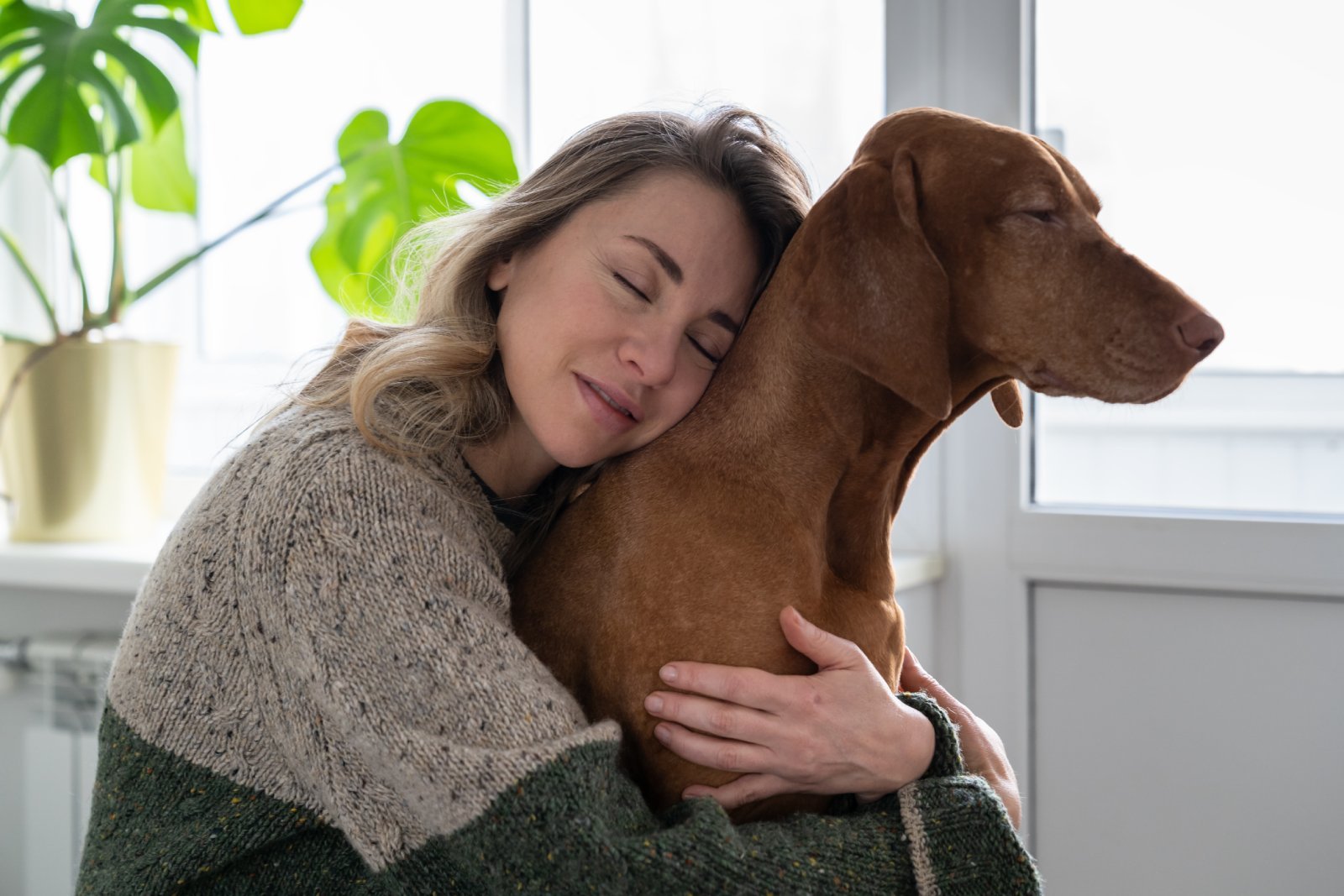
Forcing cuddles and kisses, especially on the dog’s face, may fulfil your need for closeness but can be invasive for your dog, causing them to feel anxious or trapped.
3. Disrupting Their Routine for Social Events
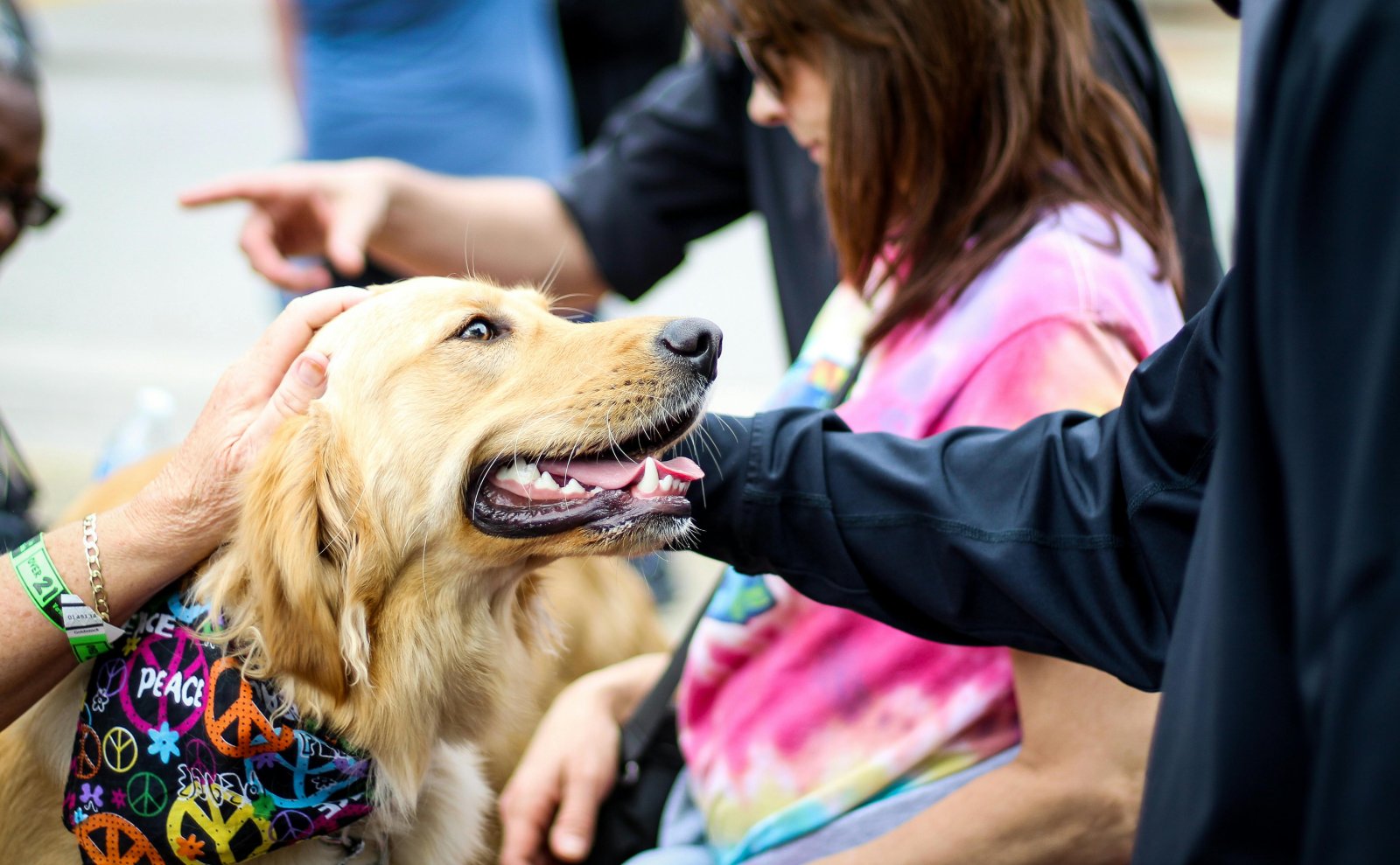
Changing your dog’s routine to accommodate social gatherings can disrupt their sense of security. Dogs thrive on predictability, and changing their walk or feeding times for parties can be disorienting.
4. Ignoring Their Social Boundaries
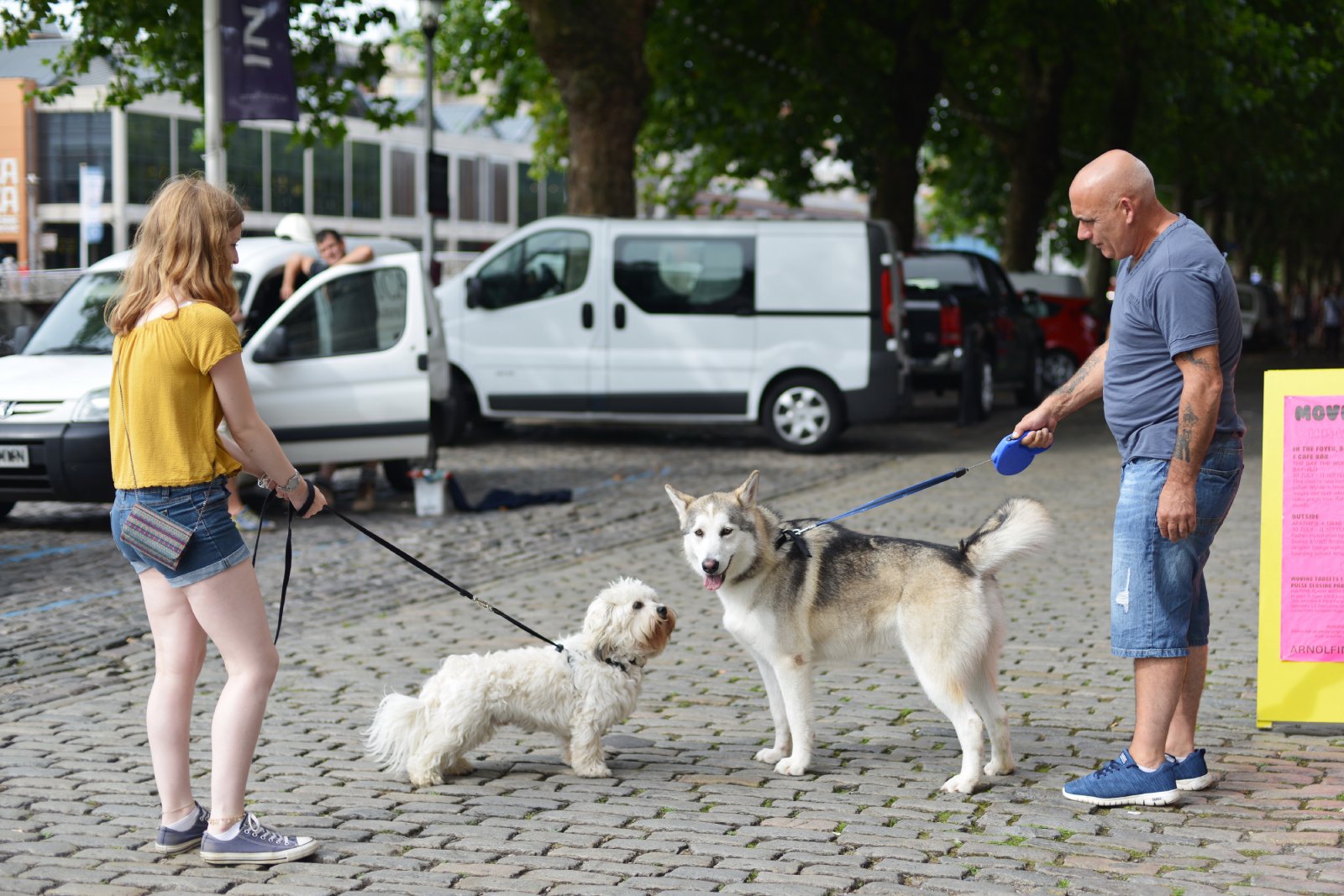
Compelling your dog to interact with other dogs during meet-ups or family visits without recognising signs of discomfort prioritises your social preferences over their wellbeing, increasing their stress levels.
5. Neglecting Their Designated Safe Space

Not providing a consistent, quiet place for your dog to escape household chaos ignores their need for solitude and can lead to chronic stress, particularly in naturally introverted breeds.
6. Subjecting Them to Overstimulating Environments
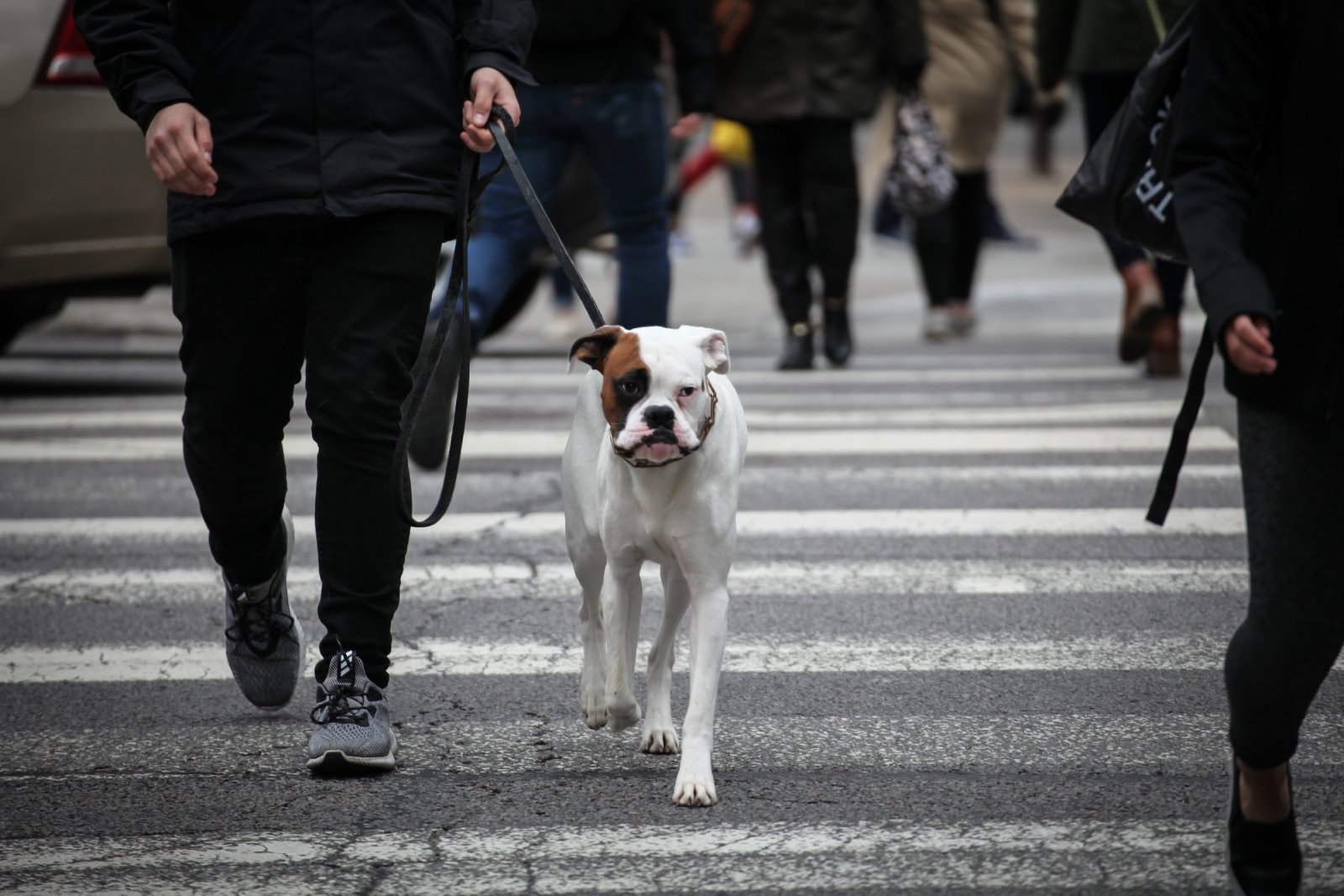
Walking your dog in noisy, crowded places like city centres or busy parks, especially without gradual acclimatisation, can overwhelm them, leading to heightened anxiety.
7. Inconsistent Commands and Expectations
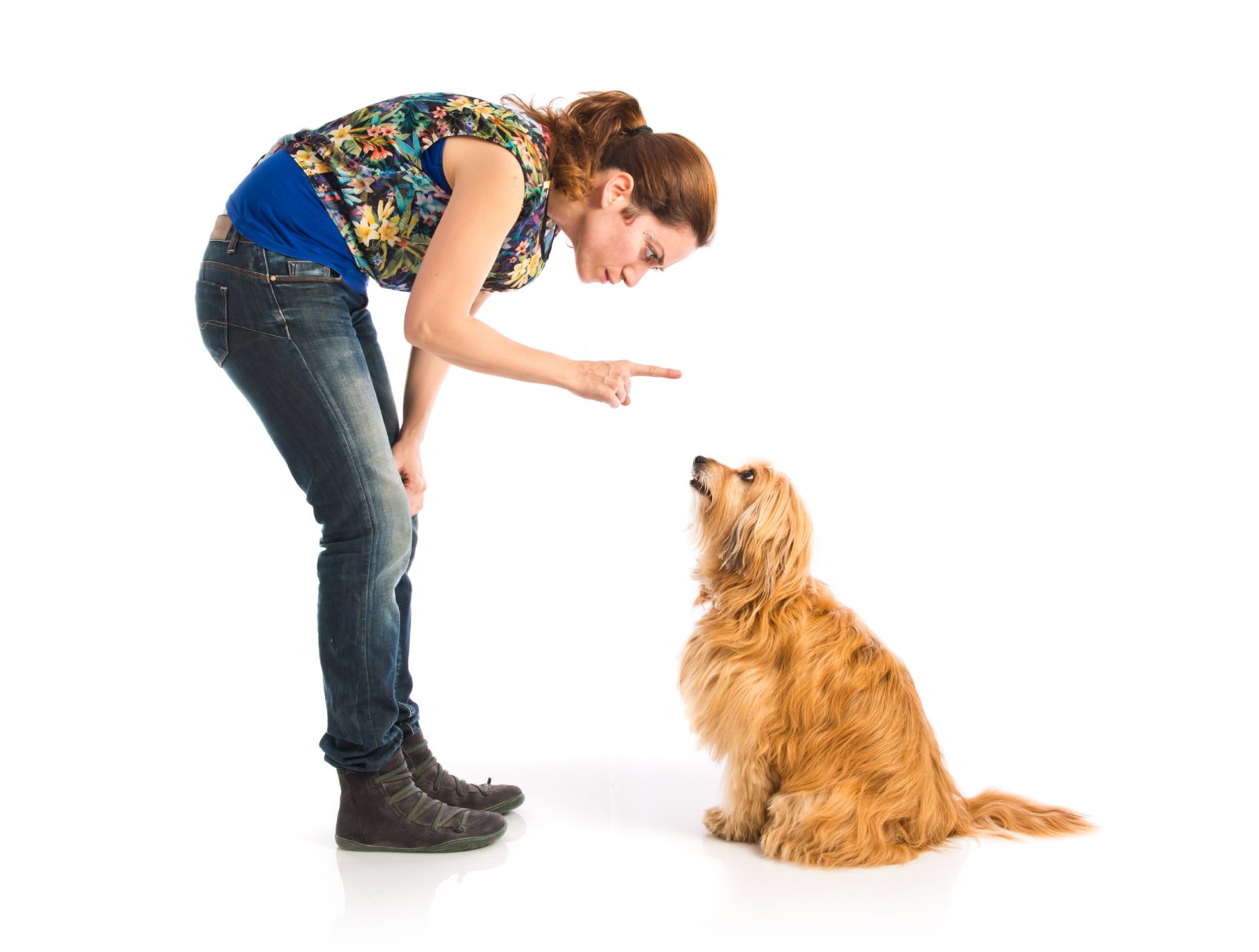
Switching commands or expecting your dog to understand new rules without proper training confuses them, leading to anxiety because they genuinely want to please but don’t understand how.
8. Using Your Dog as an Emotional Crutch
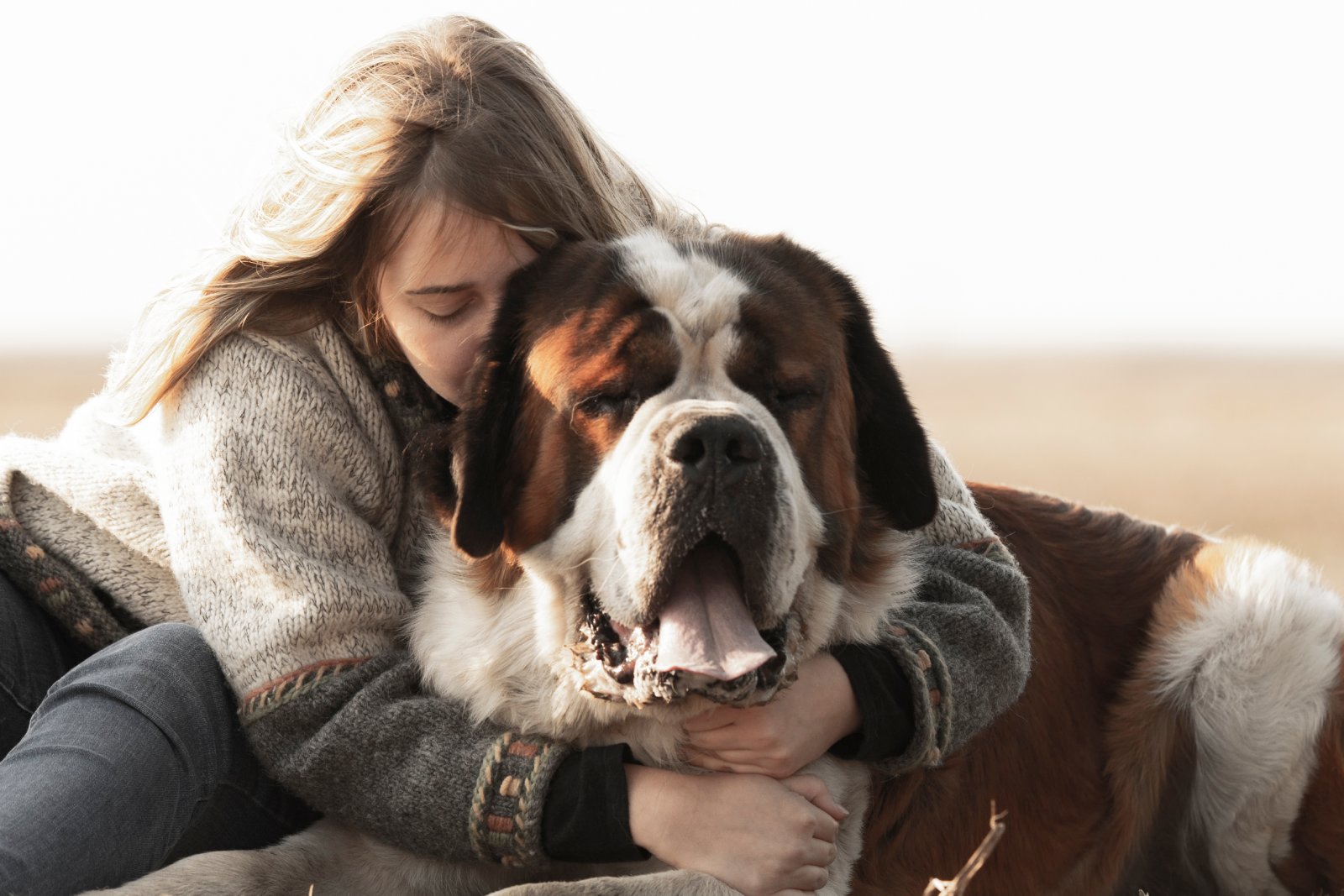
Relying on your dog to fulfil all your emotional needs can be burdensome to them. Dogs are empathetic and can become distressed when overexposed to human emotions.
9. Forgetting Climate-Specific Care

Failing to adapt your care based on the weather, such as not providing waterproof gear during the rainy UK autumn, shows a lack of regard for their comfort and can lead to reluctance or health issues.
10. Loud Household Noises

Keeping the television or music at high volumes, especially during dramatic sports matches or lively gatherings, can cause significant auditory stress for dogs.
11. Inappropriate Play
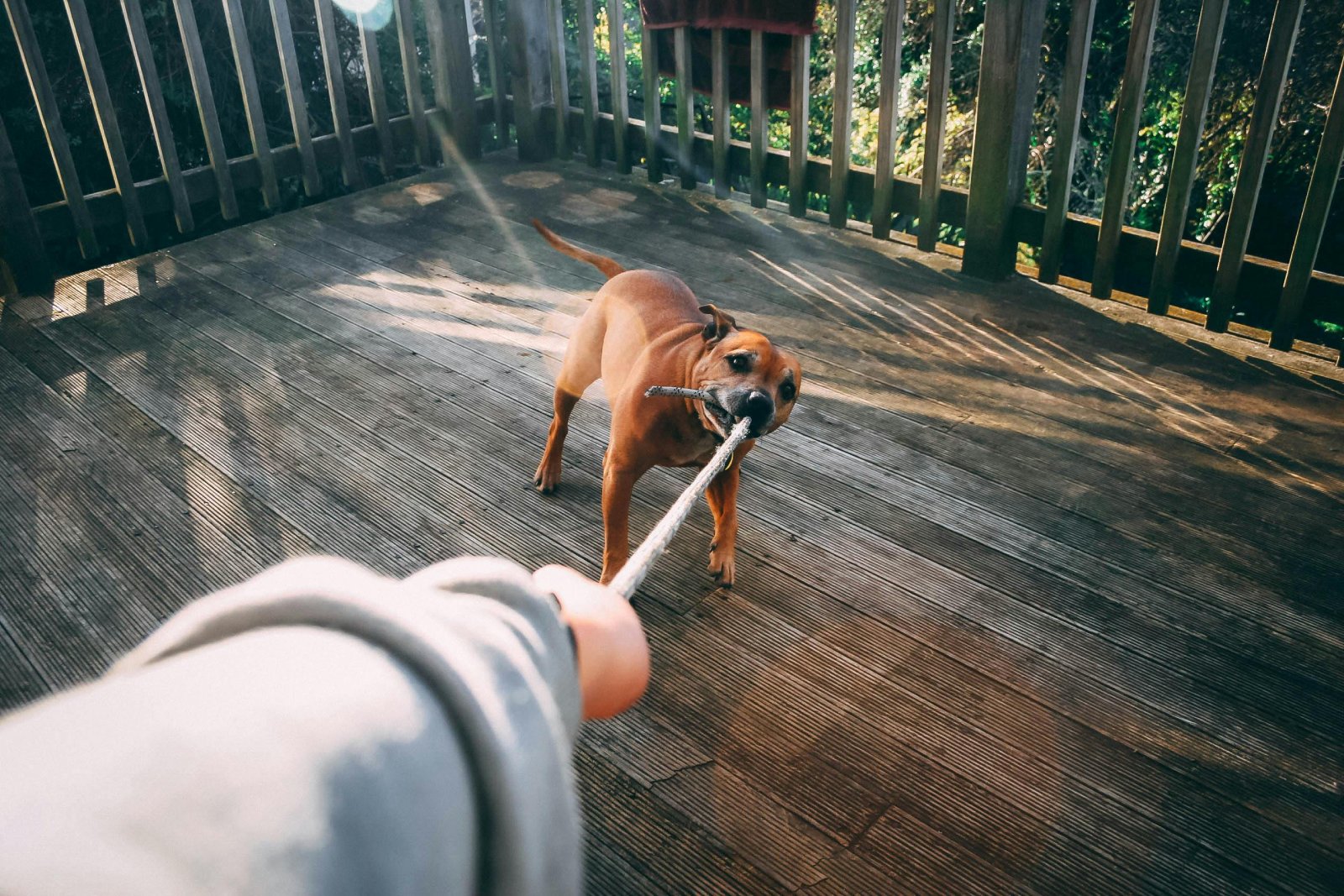
Engaging in rough play can inadvertently promote aggressive behaviour or result in injuries. Play should be tailored to your dog’s size and temperament.
12. Delaying Early Socialisation
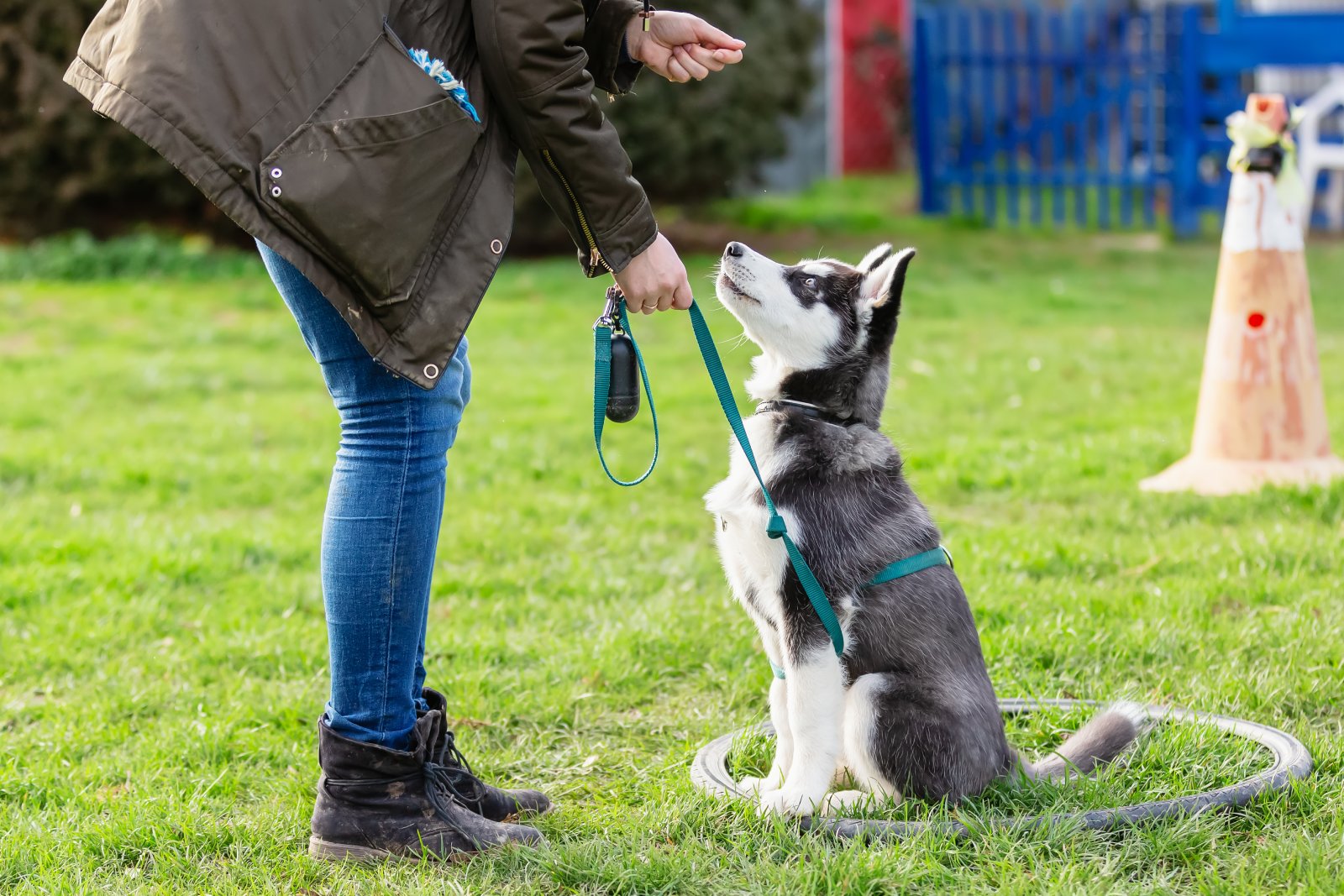
Neglecting the critical early socialisation period (up to about 14 weeks old) restricts their ability to interact confidently later in life, limiting their social skills and increasing their fear of unfamiliar situations.
13. Feeding Harmful Human Foods

Offering scraps under the table, especially foods like grapes or chocolate that are toxic to dogs, can lead to serious health problems. It’s irresponsible and disregards basic dietary needs.
14. Exposure to Toxic Cleaners

Using strong household cleaners without considering their impact on your dog’s sensitive nose and possible skin contact can lead to respiratory issues and allergic reactions.
15. Casual Attitude Towards Exercise
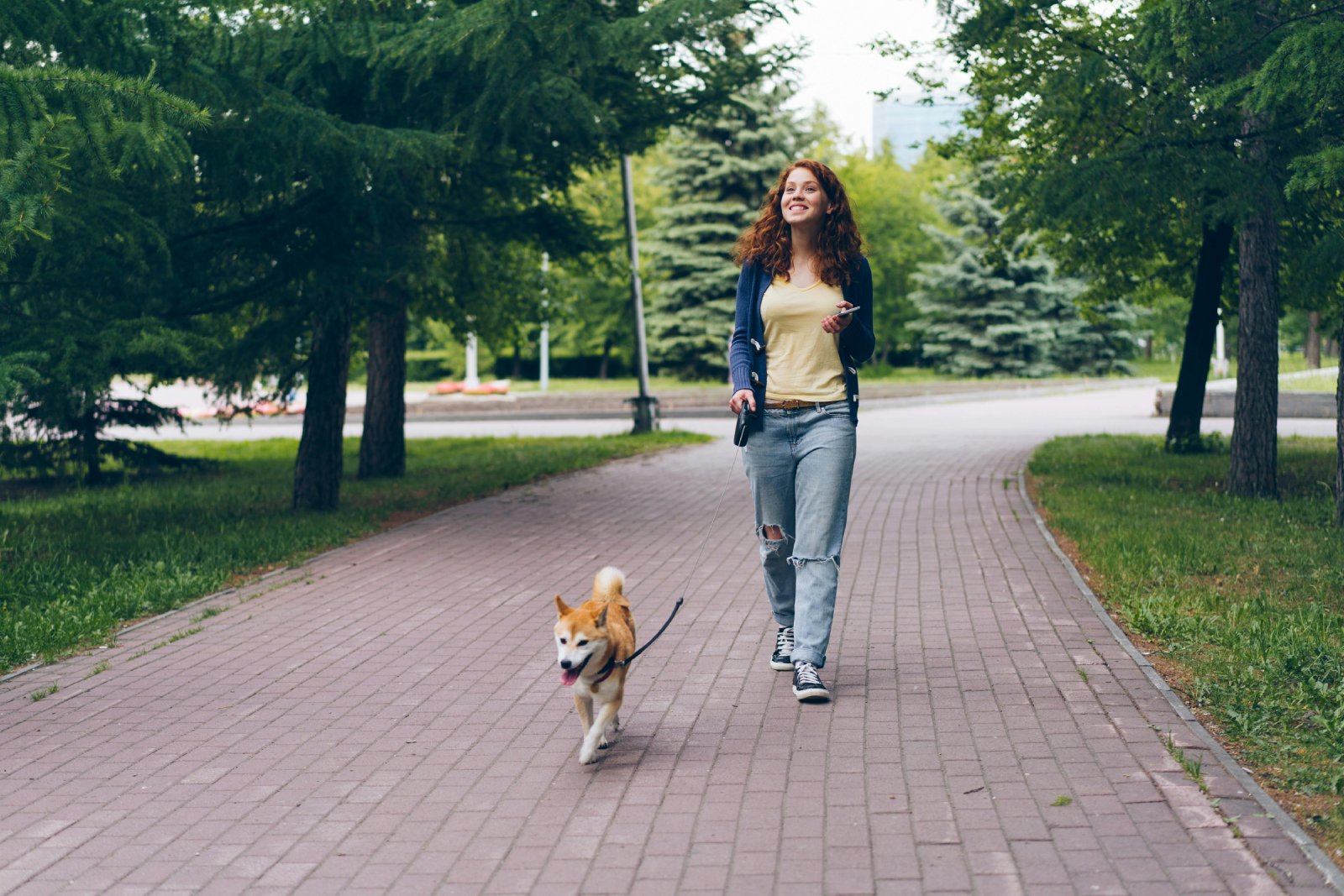
Skipping daily walks or not engaging in sufficient physical activity, especially with energetic breeds, can lead to obesity and mental health issues like depression.
16. Failing to Recognise Signs of Anxiety

Ignoring signs of anxiety such as pacing, whining, or hiding can exacerbate feelings of insecurity. Recognising and addressing these signs early can prevent long-term psychological damage.
17. Overreliance on Crating
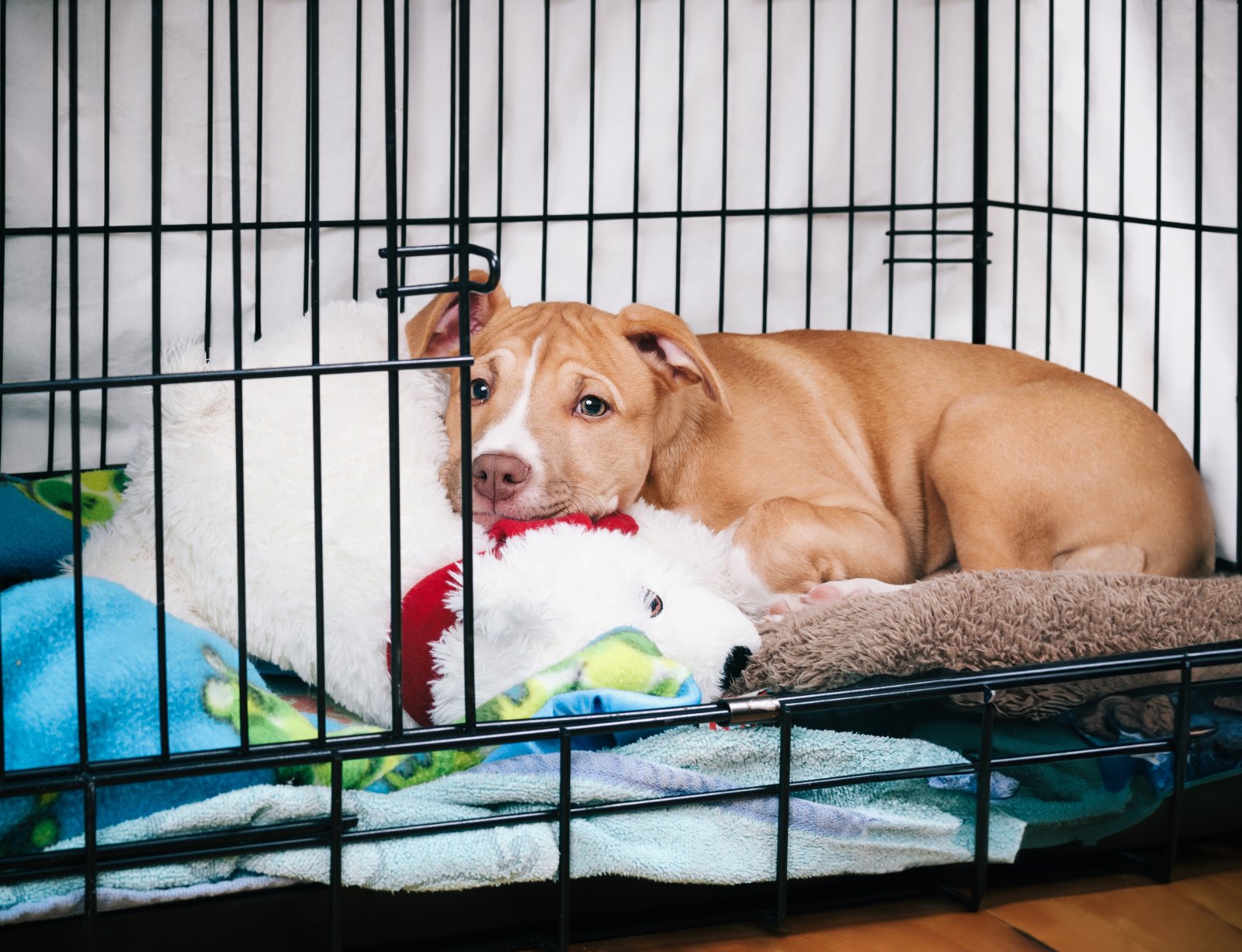
Using a crate as a regular confinement solution rather than a safe retreat can lead to feelings of isolation and anxiety, particularly if used for long periods without adequate interaction.
18. Emotional Neglect

Focusing solely on physical needs while neglecting emotional bonding and reassurance, especially during stressful times, can leave your dog feeling unloved and insecure.
A Call to Reflection
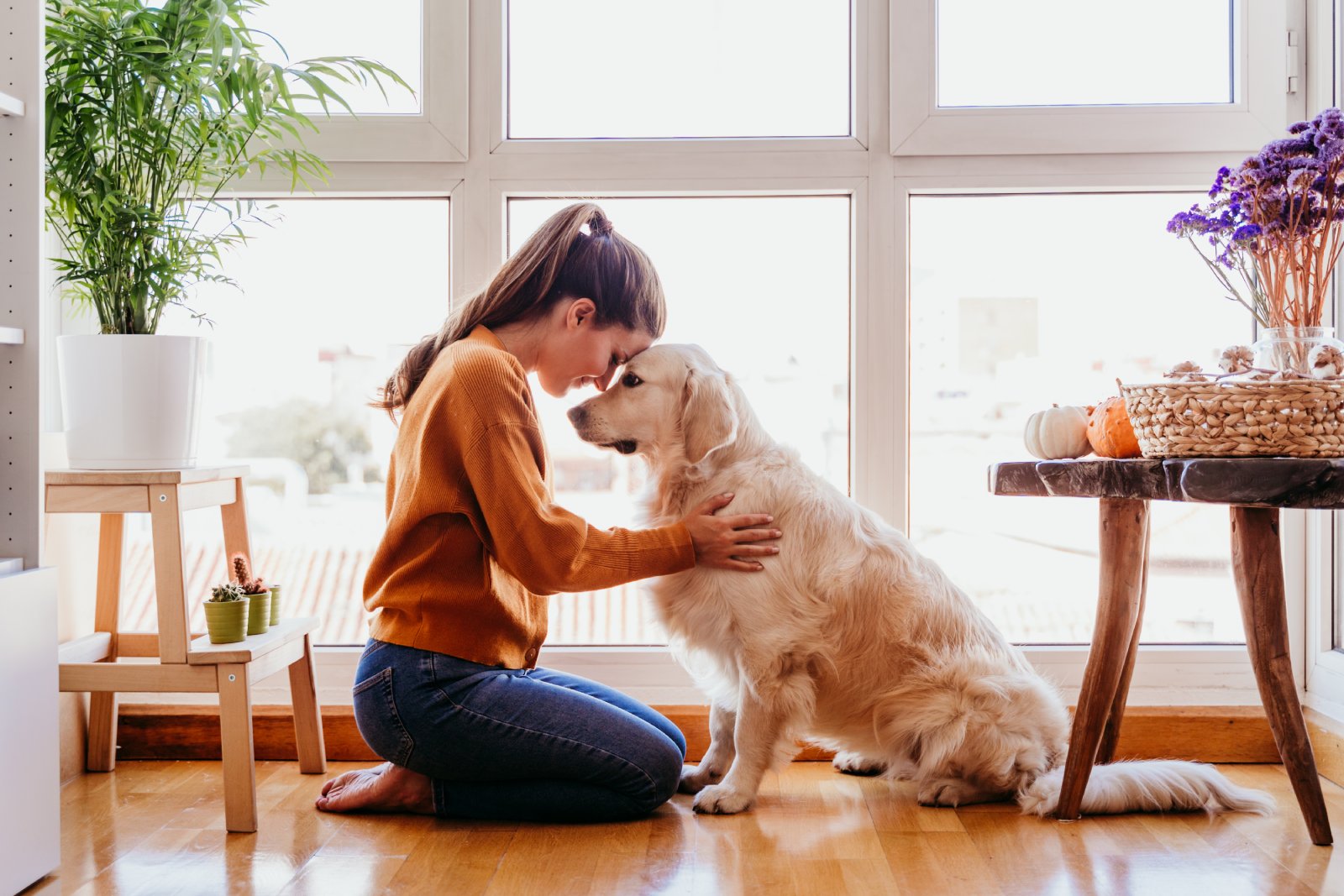
This critique isn’t just about pointing out faults; it’s about fostering a deeper understanding and connection with your dog. Each point highlights a need for a shift in perspective—from seeing your dog as a pet to respecting them as a sentient being with needs as complex as your own. Adjusting your care to meet these needs can transform your relationship for the better.
The post 18 Ways You’re Making Your Dog Miserable first appeared on PawShore.
Featured Image Credit: Shutterstock / Anaite.
For transparency, this content was partly developed with AI assistance and carefully curated by an experienced editor to be informative and ensure accuracy.

